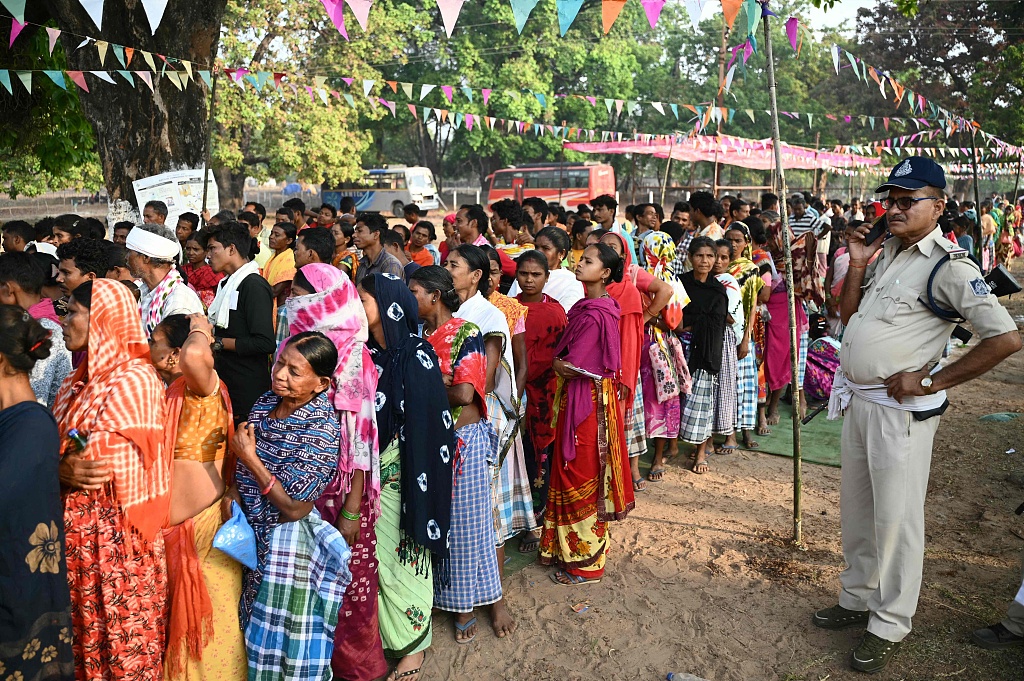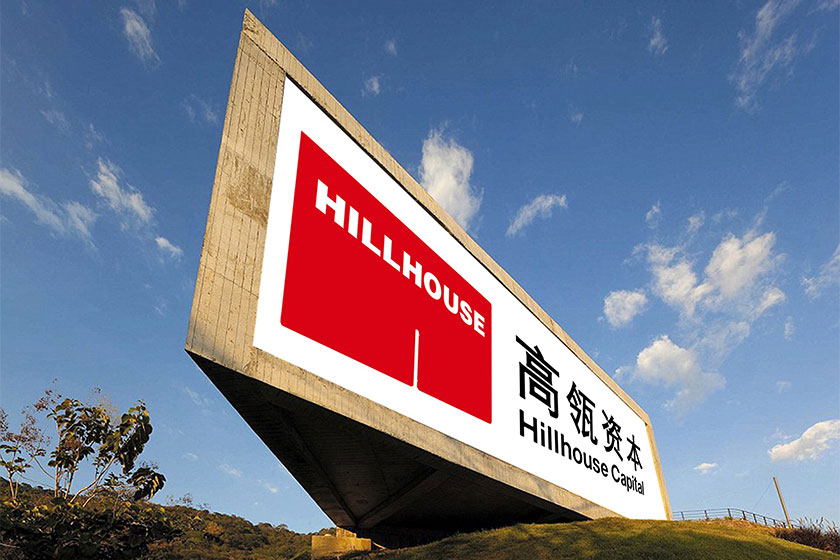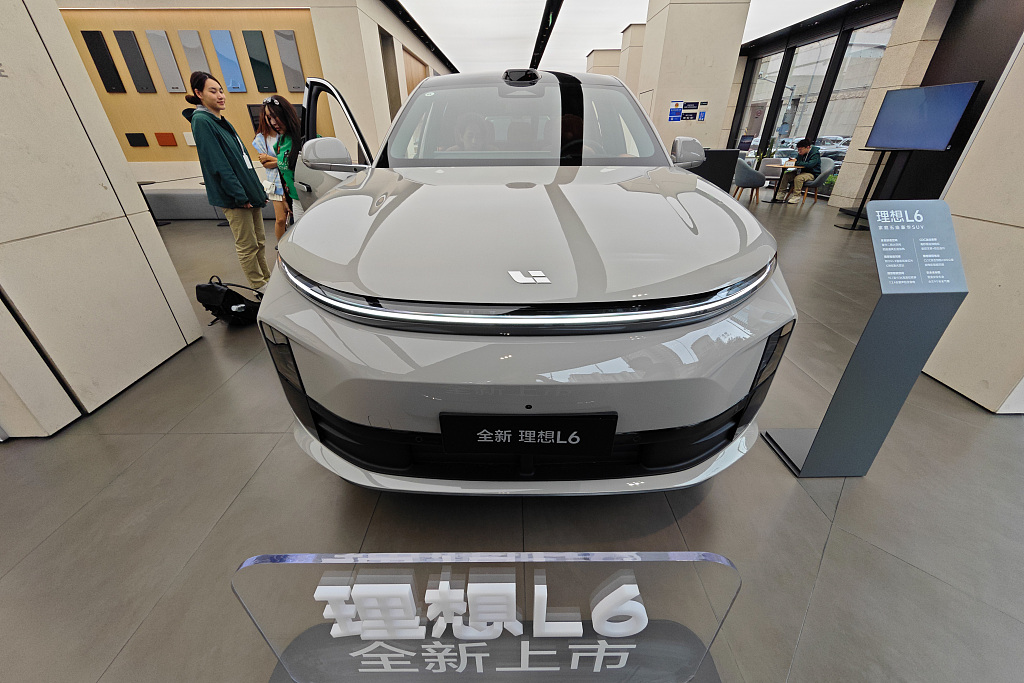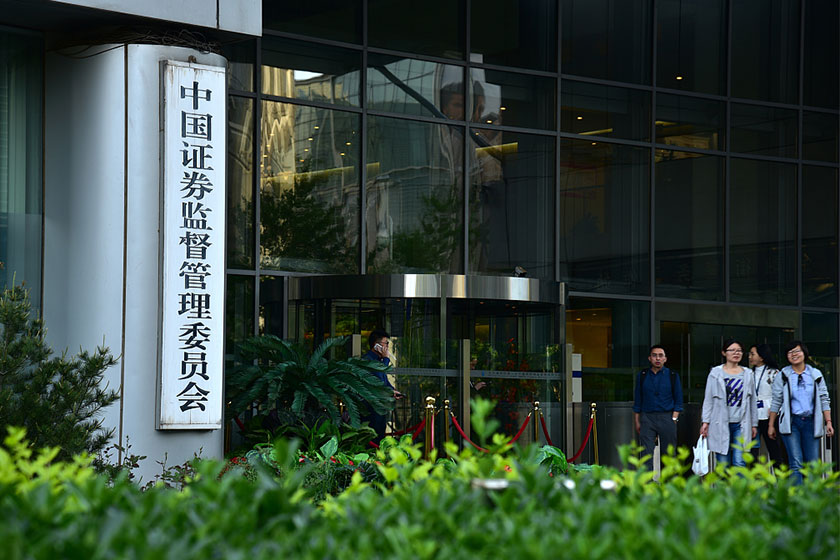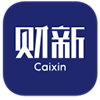财新网/旁观中国(特约作者 马威)
(一)
一直以来,丽江的历史都是被周边自然环境塑造出来的。几个世纪里,向东奔流的长江为纳西族的人们提供了肥沃的耕地,而北侧广阔的喜马拉雅山麓则是一道天然屏障。
■ The history of Lijiang has always been shaped by the nature that surrounds it. For centuries, the Naxi people were provided for by the fertile fields of the Yangtze river that spreads out to the east, and protected by the vast Himalayan mountain range that dominates its northern region.
1997年,丽江古城被联合国教科文组织列为世界文化遗产。自那以来,这座城市所经历的改变足以体现中国发展与增长的巨大能量。丽江当地人口从5万人激增到了120万,每年的游客数量也从170万增加到了500万。
■ Since the city’s historic Old Town was granted UNESCO heritage status in 1997, Lijiang has undergone changes that illustrate China’s immense capacity for progress and growth. The population has swelled from 50,000 to 1.2 million, and the number of annual tourists risen from 1.7 million to 5 million.
在他1955年出版的回忆录《被遗忘的王国》中,俄罗斯作家兼探险家顾彼得 (Peter Goullard)回忆了他在这个中国西南部沉寂的小镇上8年的生活时光。他将自己融进纳西族、藏族、彝族、怒族和白族文化微妙的平衡之中,在这里铺满鹅 卵石的街道和肆意漂流的河渠之间找到了属于自己的“天堂”。直到1949年共产党人到来,他才被迫离开。
■ In his 1955 memoir The Forgotten Kingdom, Russian writer and explorer Peter Goullard recounts the eight years he spent living in this sleepy town in Southwest China. Integrated amongst the delicate cultural balance of Naxi, Tibetan, Yi, Lissu and Bai, he found his ‘paradise’ here in the cobbled streets and drifting waterways, before being forced to leave when the Communists moved in in 1949.
走在今天的丽江,你如果 想要让眼前所见与顾彼得描绘的那个地方产生共通感,实在是很难。一队队密集的游客和单调重复的仿冒文化商铺,让古城迷失在了传统和现代商业之间的某个地 方,在旧中国与迪斯尼乐园之间达到了一种不太真实的平衡。在过去,很多途经此地的商人成为了山中土匪的受害者;而对今天的游客们威胁更大的,似乎是那些过 度热情的牦牛肉商贩。
■ Walking through Lijiang today, it is hard to negotiate a sense of the place evoked in Goullard’s writing with what you see in front of you. With its dense lines of tourists and monotonous repetition of faux-cultural shops, the Old Town strikes an unlikely balance of Old China and Disneyland, lost somewhere between the traditional and the commercial. Whereas many a trader of the past fell victim to the bandits in the surrounding hills, today’s visitors seem most at risk from overenthusiastic yak-meat vendors.
虽然很多商店、餐馆和旅店的招牌里都写着“纳西”或“东巴”(纳西族的宗教),但是它们大多数都是由长期 租下场地的汉族人经营。在访问丽江古城保护管理局的时候,我被告知:“在地产购买和租赁方面没有和种族相关的规定。不管你是纳西族,还是汉族或是外国人, 规定都是一样的。”
尽管有这样的平等性,但纳西族人不可能和来此的汉族生意人比拼财力。因此,这座古城看起来似乎更多地是在削弱纳西文化,而不是保护它。
■ Although many of these shops, restaurants and guesthouses bear the names of Naxi or Dongba (the Naxi religion) in their title, the majority are run by Han Chinese, renting the space on long term leases. On visiting the Lijiang Old Town Conservation Bureau, I was told that: ‘There are no rules that discriminate in terms of race when it comes to buying or renting property. Whether you are Naxi, Han or a foreigner, the same rules apply.’ Despite this apparent equality, there is no way the Naxi can compete financially with the many Han businessmen who come here. As such, the Old Town appears to be doing more to undermine Naxi culture than it is to protect it.
▲以“纳西”为名的客栈遍布丽江。马威/图






